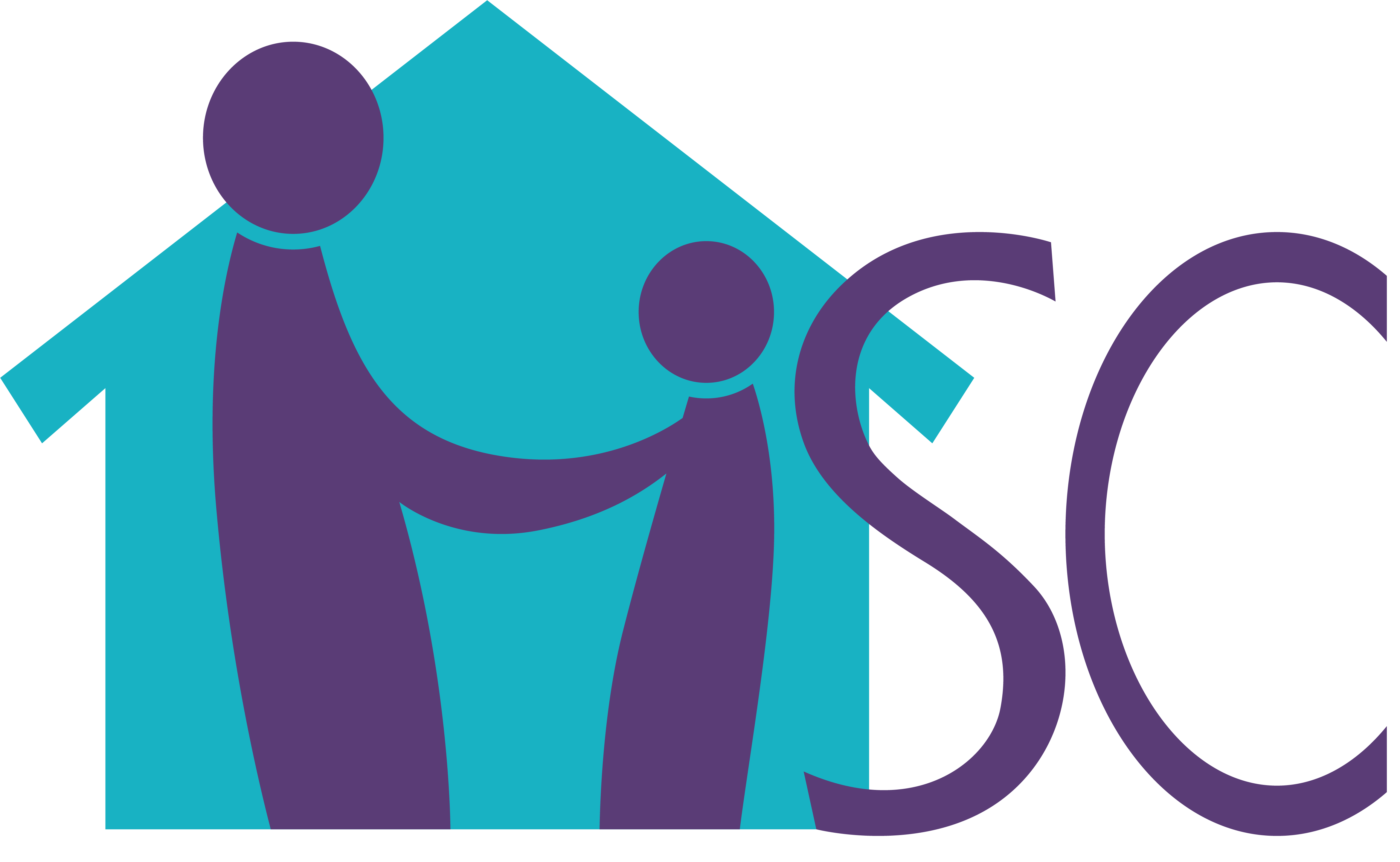Because therapeutic foster parents provide a bridge between therapy and home life, clinical notes are crucial. This includes daily notes on the child’s progress or regression on treatment goals, therapeutic activities, their predominant mood, coping skills, behaviors, incidents, and more. The notes are often shared with all stakeholders within the team, such as case managers, guardians, therapists, judges, and lawyers. It’s important that clinical notes are objective and professional. In order to meet these requirements, below are five helpful tips on writing effective clinical notes.
PREPARE BEFORE STARTING
Avoid adding content into your clinical notes without a clear purpose or intent. Your documentation should reflect the hard work taking place in the home to meet the client’s goals. Before starting a clinical note, ask yourself why you’re writing it, who will read it, and what will be done with the information provided. Be sure to include important details, but do not include unnecessary information. It may be helpful to jot down information directly following an incident or interaction, but to formally write your notes later in the day. This gives you time to process the information and prepare your report objectively.
USE THIRD PERSON PERSPECTIVE
Avoid using first person language to ensure that your notes are professional, and client based. First person uses pronouns such as “I, we, me, us, and you” and gives a personal account of events. For the purpose of clinical notes, use third person perspective with pronouns such as “he, she, it, they, him, her, and them.” This gives an outsider point of view and makes it easier to remove your own bias. For example, instead of referring to yourself as “I” or “we”, refer to yourself as “this writer” or “the foster parents.” When discussing other individuals, use job titles or roles such as “the client” or “the agency support specialist.”
WRITE JUST THE FACTS
Avoid using your opinions or venting when writing clinical notes. Your documentation should be objective rather than subjective. Objective writing is based on facts and observations while subjective writing is influenced by personal feelings. To be objective, you should ask yourself: “Who was involved? What happened? Where did it happen? When did it happen? What did they say or what did you hear? What did they do and what did you see? What did you do and what did you say?” If necessary, you can include your interpretation of events after explaining the facts. By doing this, your writing supports your claims.
CHOOSE YOUR WORDS CAREFULLY
Avoid using adverbs within your notes. Adverbs typically express manner, location, frequency, degree, and level of certainty. They often evoke emotion and opinion. Before using a word ending in -ly, ask yourself if you are able to use a better description of facts than implying with an adverb. For example, when notating that the client was “behaving badly,” describe their actions. What was specifically done by the client? By using the adverb “badly,” it infers opinion and does not accurately describe the incident.
ENSURE CORRECT GRAMMAR AND VOCABULARY
Avoid misspelled words and poor grammar. These can create an undesirable and negative impression to stakeholders that read your clinical notes. It can appear as though you are careless when documenting your notes. Always proofread before submission, use spell check, and take time to research common grammar mistakes. It may be helpful to create a tip sheet with correct spellings for frequently used terms in your clinical notes. You can also create a list of descriptive, action verbs to choose from when completing clinical notes.

